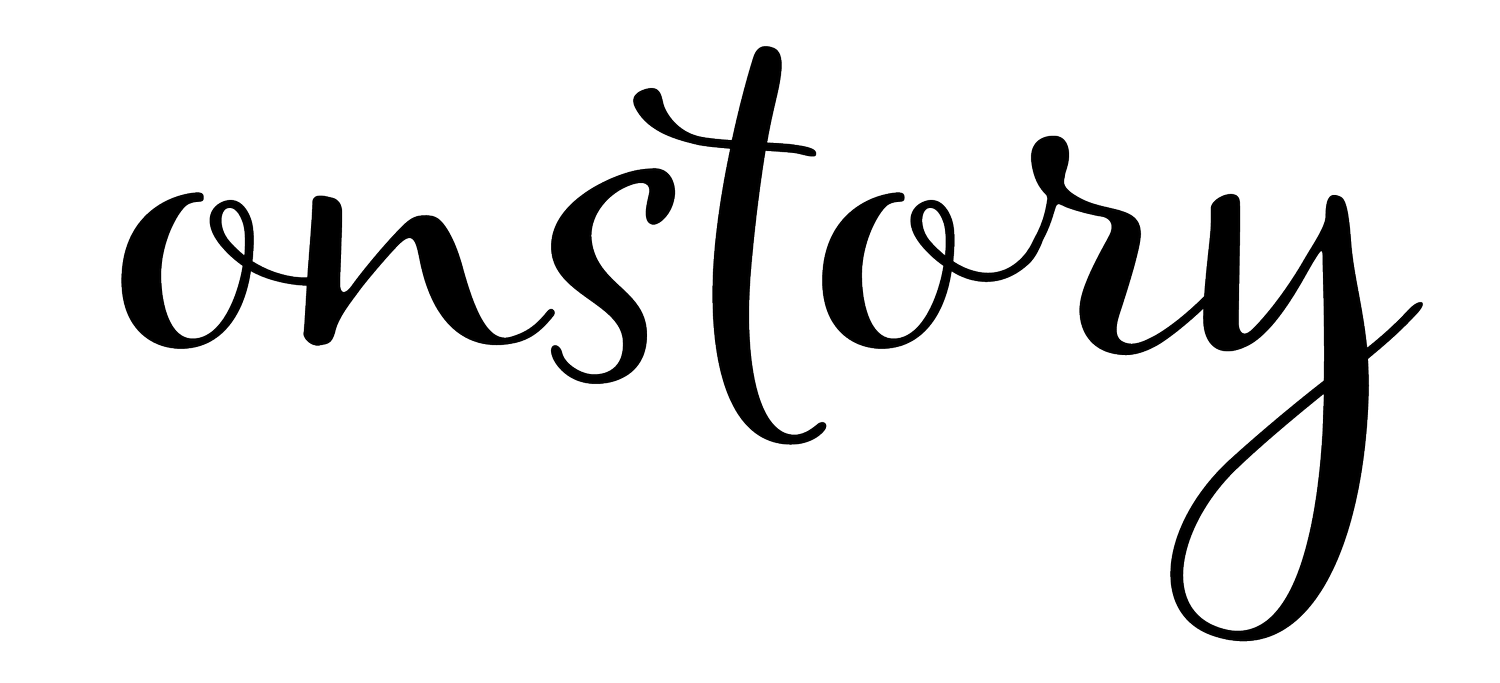As more musicians look to increase their revenue streams, a topic which has featured high on agendas at key events from Indiecon to Fast Forward, from SXSW to The Great Escape, they have sought out brands to partner with. In 2019 brand partnerships and sync contributed to almost 10 per cent of turnover at major labels and today Universal Music boasts long-term relationships with over 300 consumer brands. What’s more, it’s a partnership which benefits both parties equally. Which begs the questions, why aren’t more brands seeking out bands, rather than the other way around? And why aren't more brands forging long-term music strategies?
From a brand’s perspective, a music partnership can help them reach out to specific audiences. The likes of Red Bull, Converse, Vans, Levis and Samsung are just some of the brands who have been doing this brilliantly. Converting consumers into fans may be the key driver for forming such a partnership, but there is a deeper value to be gained: the potential to develop even stronger, long-term emotional connections. This is precisely why music should be an important feature of any brand marketing plan.
From the very moment we are born, we seek to connect at different levels; with our parents, our siblings, our peers, our partners and our work colleagues. Humans are hardwired to respond positively to emotional connection and as neuro-science has proved, music can connect with our brains on an emotional level.
For example, how would you feel if you could spend one night in Abbey Road Studios hosted by the one and only Mark Ronson? Or what if your car’s brand invited you to be chauffeured to attend a secret gig of your favourite artist this weekend?
As music naturally connects on an emotional level and brands seek the emotional connections with their consumers, the importance of music to brands is clearly enormous and some brands are perfectly aware of the power of music: partnerships such as the Levi’s Music Project, Vans Off the Wall, or Universal and Turkish Airline represent some truly integrated initiatives aimed at turning brands into cultural icons and setting themselves up for long-term, consumer-brand relationships.
Given the strong mutual connection between music, brands and emotions, the opportunity for brands to team up with music appears an obvious way forward, especially in a marketing environment characterised by content-based strategies.
Unfortunately, despite its huge potential, the majority of brands still treat music (when consider it) as a short-term tactical piece, rather than an element that could be intrinsic to their strategies. This approach can generate content and initial interest, but does it instil the conditions for long-term relationships to flourish?
What if music could be treated by marketers like an ongoing discipline to be delivered across all available channels?
A communication landscape where music and media converge harmoniously could prove a major enabler for brands to generate excellent content within a competitive arena. However, it is important to shine, excel and do it differently.
Samsung and Heineken represent great examples of brands that successfully unleash the full potential of music, by adopting a long-term strategic approach. If more brands recognise the benefits and shift towards a long-term integration of music within their marketing mix, the impact could be immense, there are plenty of music fans out there with the potential to convert to consumers through the hypnotic, emotive power of music.

